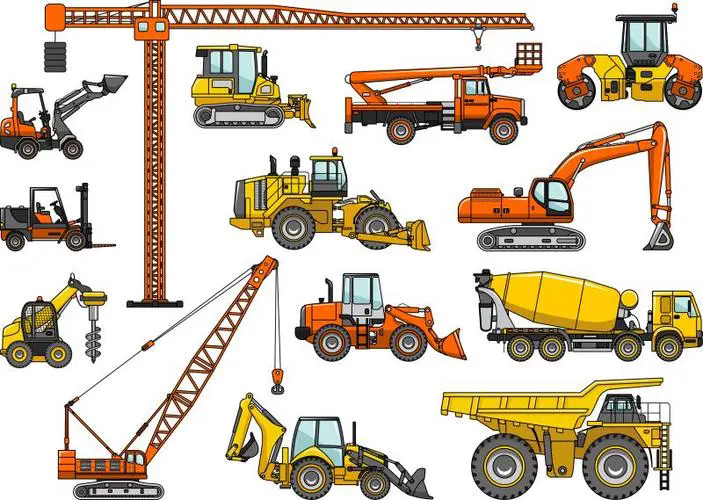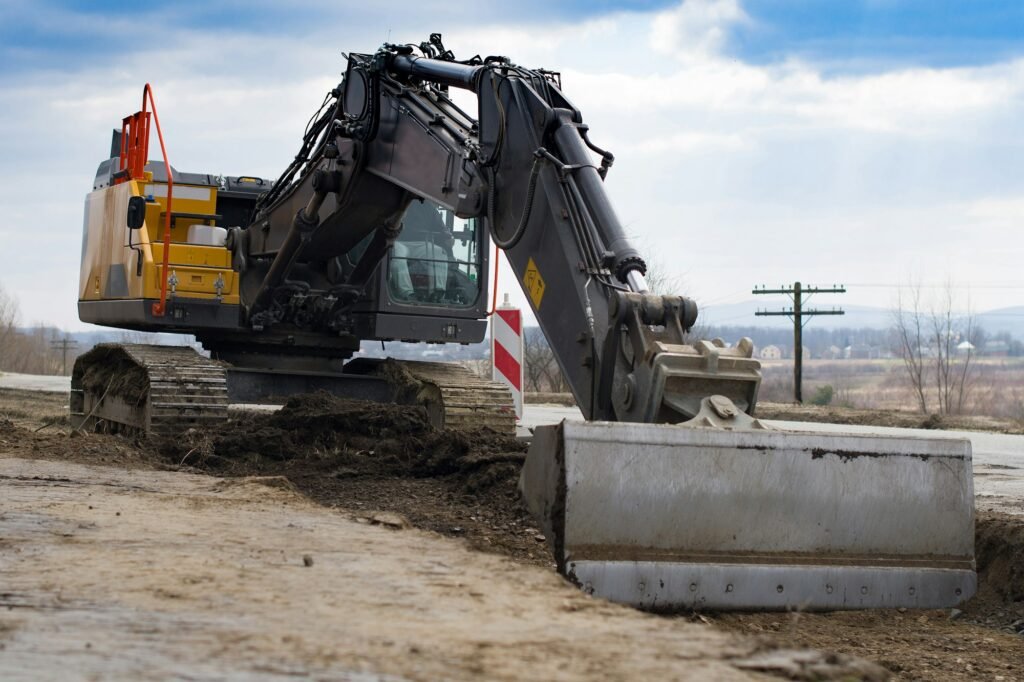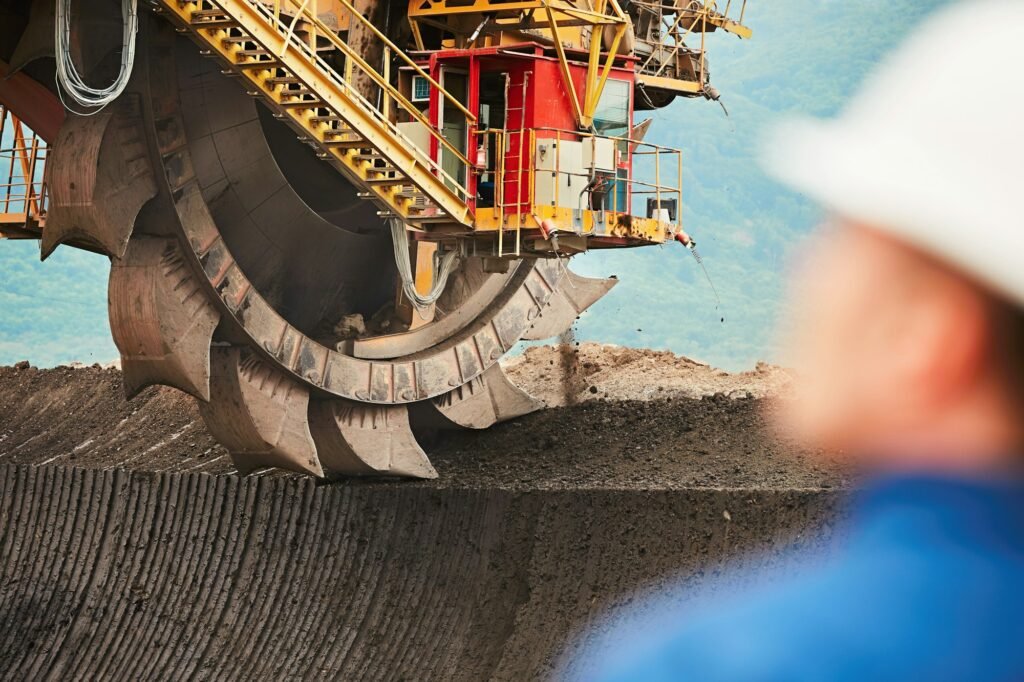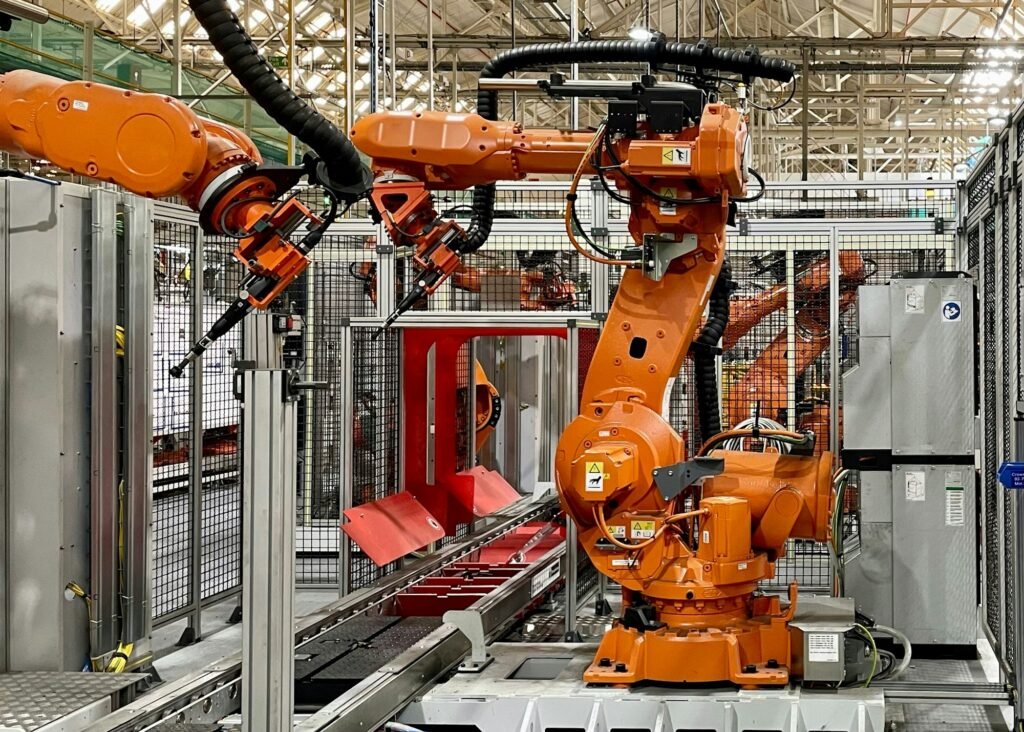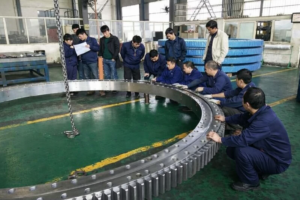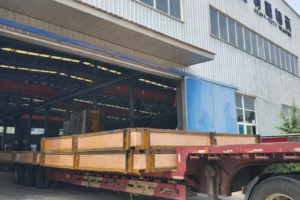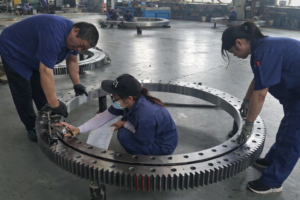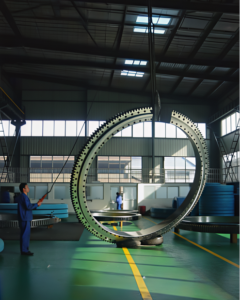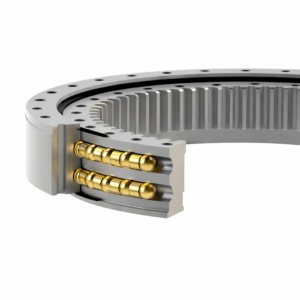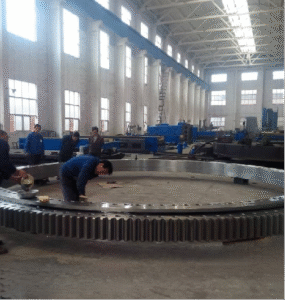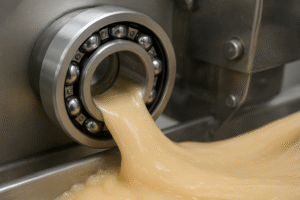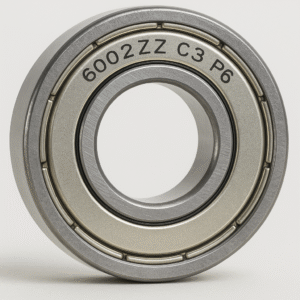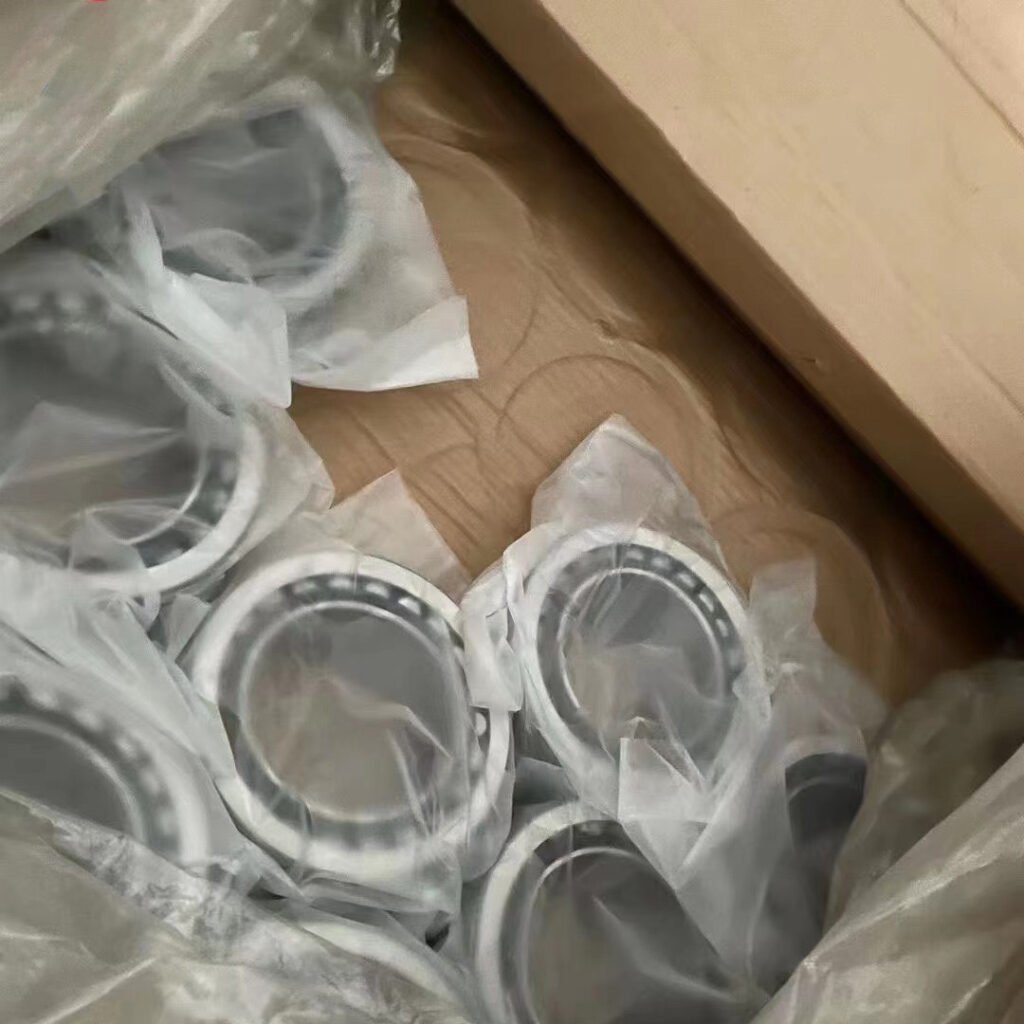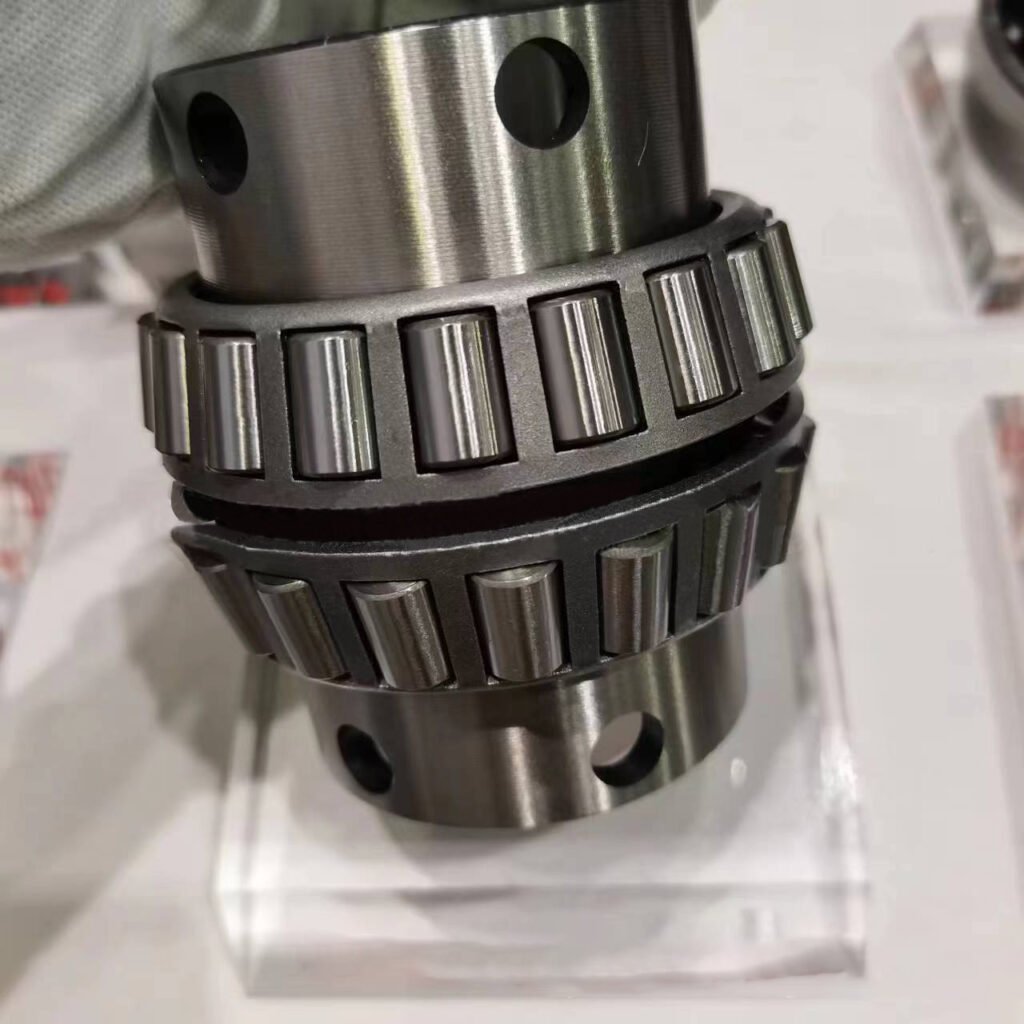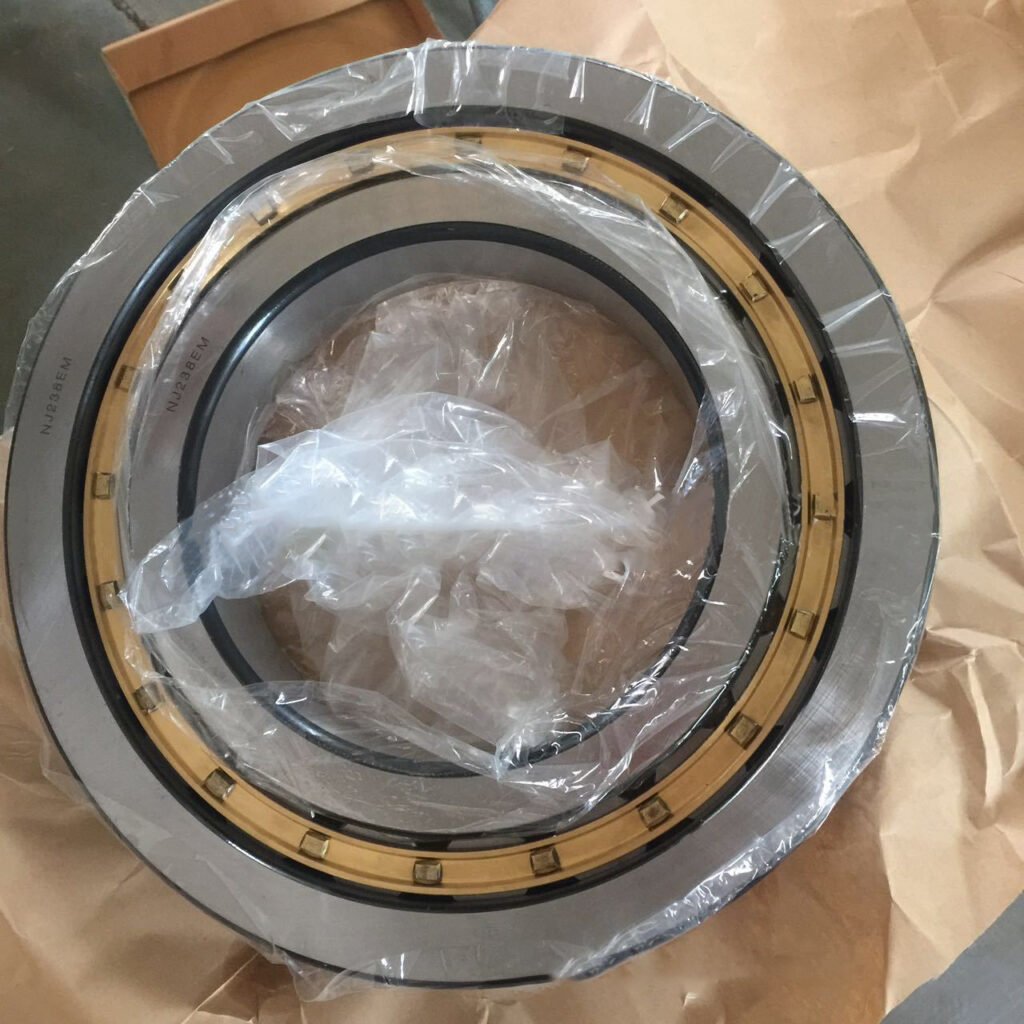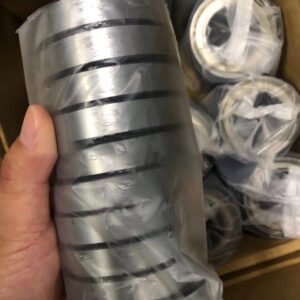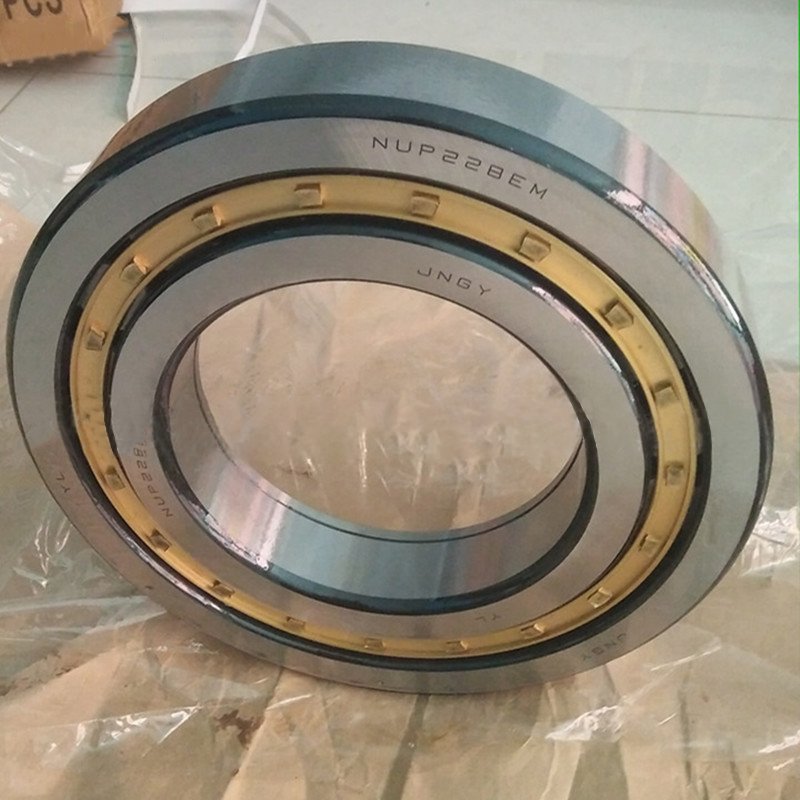Special bearing definition
Special bearings are designed for specific applications or conditions that standard bearings may not handle effectively. These can include high-load, high-temperature, or corrosion-resistant requirements. Examples are angular contact bearings, needle bearings, and magnetic bearings, each tailored to optimize performance in unique environments or operational demands.

Special bearings are often used in industries such as Aerospace, Manufacturing, Marine, Oil and Gas, Renewable Energy, and Robotics.
Special bearings are generally non-standard products that need to be customized. Purchasing special bearings is undoubtedly a difficult and complicated task. As a bearing application engineer, the author of this article, Maxwell, will share an article today to detail the customization process and application requirements of special bearings to support the development of technology in various industries.
How to choose suppliers for customized special bearings?
To order special bearings, you must contact the bearing manufacturer, not the agent or distributor. And verify that your supplier has the following capabilities:
1. Technical Support and Collaboration
– Evaluate the supplier’s willingness to engage in collaborative problem solving. Effective communication between your engineering team and the supplier.
2. Design Capabilities
– Your supplier must have the ability to provide innovative design solutions. Look for suppliers that use advanced design software for precise design and modeling to ensure bearings meet specific performance standards.
3. Research and Development
– Look for suppliers that invest in R&D to improve their products. Suppliers engaged in ongoing innovation are more likely to provide cutting-edge solutions tailored to your needs.
4. Material Expertise
– Evaluate the supplier’s knowledge of different bearing materials (e.g., stainless steel, ceramics, polymers) and their suitability for your application’s requirements, such as load, temperature, and corrosion resistance.
5. Manufacturing Processes
– Investigate the manufacturing techniques employed, such as forging, machining, and heat treatment. Ensure they have the capability to produce complex geometries and can scale production as needed.
6. Customization Flexibility
– Analyze their ability to adapt designs based on technical specifications. A supplier should be able to accommodate changes in dimensions, tolerances, and performance criteria without compromising quality.
7. Quality Control
– Examine their quality assurance processes, including inspection methods and testing procedures. Ensure they conduct thorough testing (e.g., fatigue testing, dimensional checks) to guarantee the performance and durability of the bearings.
8. After-Sales Support
– Consider the technical support offered post-delivery. A supplier should provide guidance on installation, maintenance, and troubleshooting, ensuring long-term performance of the bearings.
How to choose the material for custom-made special bearings?
The selection of materials for custom-made special bearings is very important and requires a comprehensive evaluation of multiple technical factors to ensure bearing performance and service life.
First, it’s essential to assess the load requirements, as the chosen material must withstand both static and dynamic loads without deforming or failing; high-carbon steel or specialized alloys are often suitable for high-load applications.
The operating environment plays a critical role as well; materials need to resist temperature extremes, humidity, and chemical exposure, making stainless steel or ceramics appropriate for corrosive or high-temperature conditions.
Additionally, friction and wear resistance are vital, so materials with low friction coefficients, such as polymers or composite materials, can enhance durability and reduce maintenance.
Machinability is another factor, as materials that are easy to machine help control production costs and timelines.
Thermal conductivity must also be considered, particularly in high-speed applications where heat dissipation is crucial for preventing overheating.
Fatigue strength is important for resisting failure under cyclic loading, while cost-effectiveness ensures that the selected material aligns with budget constraints.
Furthermore, compatibility with lubrication should be examined to optimize performance, along with weight considerations in applications where reducing mass is essential, such as in aerospace.
Finally, ensuring that the chosen materials meet relevant industry certifications and standards will confirm their suitability for the intended application.
The procurement process of special bearings is not only about the selection of suppliers and materials, but also about the transportation, installation, maintenance and other after-sales work of special bearings. These factors are also the key points that need to be considered in the procurement of special bearings. They are introduced in detail in another article of mine. Please click to read the following article.
Conclusion
Our company has more than 20 years of experience in the field of special bearing customization. As a bearing application engineer, I have followed the team to discuss technical solutions and participate in special bearing design for customer companies in different industries, including manufacturing, wind power generation, oil and gas, renewable energy, robotics, medical equipment, logistics and transmission equipment, etc. The above content is a sharing of my work experience. If you have other questions about special bearings, please send me a message and I will help you provide solutions.

